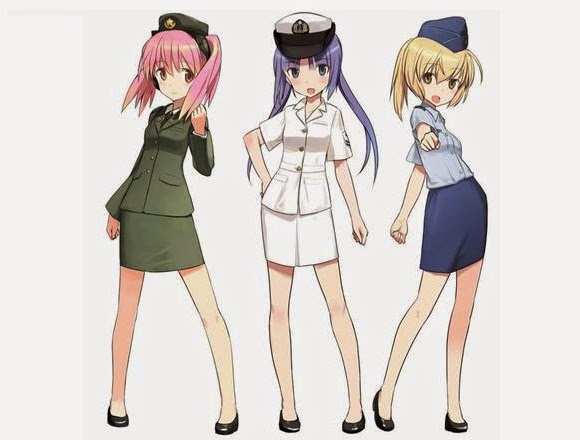China-Japan Relations in the 21st Century
Professors Arthur Waldron and Frederick Dickinson came together for
their first co-hosted talk together ever to discuss the ever-more intense topic
of relations between Japan and China. Professor Waldron prefaced the talk by
emphasizing the fact that Japan is an island nation, and much like Britain,
became an island Empire. However, unlike Britain, it does not enjoy the most
amicable relationships with its neighbors. Much of this has to do with Japan's
colonial past.
Japanese colonial history goes back to the 1895 acquisition of Taiwan,
on which there were few, if any Chinese or Japanese. In 1910 Japan colonized
Korea, and in 1931 instigated the Manchurian Incident, which lead to the
Japanese colonization of northern China and the second Sino-Japanese War. As
with any war, there were many hard feelings afterwards that extended well
beyond the participatory generations. While China had a much greater population
than Japan did at the time, it suffered a catastrophic defeat in part because
of its fractured political groups. Each warlord was waiting for an opportunity
to fill the power vacuum left by other groups defeated by the Japanese.
This sentiment is still alive today, with no great thanks to the
patriotic education programs instituted by China and the state-controlled
media. Chinese filmmakers do not dare depict self-inflicted wounds of the
Cultural Revolution or the Great Leap Forward. As a result, Chinese public
opinion has always been exceptionally negative towards Japan. On the flip side,
Japan has its own censorship issues within education, but does not censor its
film industry. While it is good politics for Japanese politicians, particularly
of the LDC to take a harsh stance against China, most of what is said is just
words.
Finally, as for US involvement, both professors touched on the
"Asia Pivot," a new term that has been used to frame US foreign
policy in the Far East. While the US is rebalancing its naval fleet, it is overstretched and
over-committed in other regions. As a US ally, when Japan finds itself involved in a conflict,
will it be able to depend on military assistance? Many Japanese feel that in
this day in age, Japan needs a stronger military presence beyond the defense
forces it currently has. Despite its constitution, Japan could become a fully
militarized nuclear superpower almost overnight. Is that likely? No, probably
not, but all the same, China's recent submarine and fighter jet incursions into
Japanese territory are worrisome, and Japan's increasingly competitive politics
favor hardline policies. The China-Japan relationship is one that will have to
be reconciled by their respective leaders in the near future.
Professor Arthur
Waldron is the Lauder Professor of International Relations in the
Department of History at the University of Pennsylvania. Professor Frederick Dickinson
is an Associate Professor of Japanese History at the University of
Pennsylvania. This event was organized by the Government and Politics
Association (Penn GPA), the Wharton China Business Society, the International
Affairs Association, and the Undergraduate Economics Society at the University
of Pennsylvania. The talk was hosted in Huntsman Hall at the University of
Pennsylvania on March 20, 2013.
F. Miller SAS '13

Comments
Post a Comment
We follow the House Rules as outlined by the BBC here.